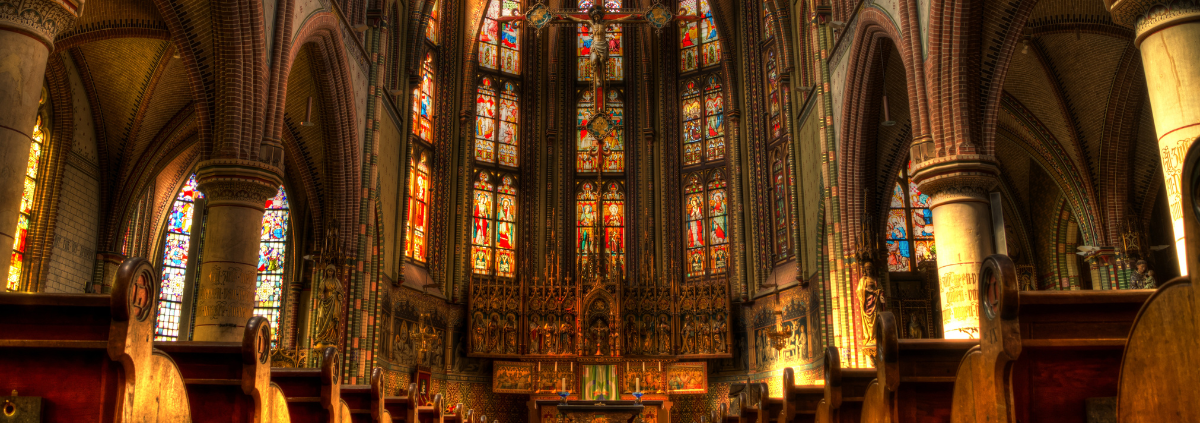Choosing the Next Pope: The Conclave, A Sacred Tradition
By: Yvette McDonnell
The Catholic Church finds itself at another pivotal moment in history: the election of a new Pope, known as the ‘conclave’.
Associate Professor Joel Hodge, the national head of the School of Theology at the Australian Catholic University explains the process:
What is a conclave?
Pope Francis passed away 21 April, 2025.
When a pope dies, cardinals from around the world gather in the Vatican to elect a replacement in a secretive and deeply spiritual process called the ‘conclave’ which must commence 15 to 20 days after the passing of a pope.
The Catholic Church will elect the 267th pope commencing May 7th and 135 Cardinals from around the world who are under 80 years of age will be eligible to vote.
“They’ll be sequestered (isolated and hidden away), they’ll be put into private quarters in Casa Santa Marta and then they’ll be working and voting in the Sistine Chapel and they’ll be doing that in private, away from other people – no phones, no communications,” said Associate Professor Joel Hodge.
“A deeply spiritual and prayerful time”
“They’ll start on the 7th – they’ll have one vote that day and they’ll start it within the atmosphere of prayer, reflection, discussion,” says Hodge.
“The cardinals will be within that kind of spiritual atmosphere.
“Some people might have seen the movie ‘Conclave’, all the machinations that happened and drama and certainly there’ll be discussions amongst the cardinals and different viewpoints and so on.
“But it is important to remember that there is a spiritual, prayerful atmosphere at a conclave.
“All of these men are men of prayer.
“They are going to be seriously trying to discern the Holy Spirit… in terms of selecting a new leader.”
The Process of Voting
Each day the Cardinals vote twice in the morning and twice in the evening using a secret hand-written ballot.
According to Hodge, “From that first day, they’ll have four votes each day.
“If they can’t get to a 2/3 majority, which is what’s required to elect a new Pope, after three days then the cardinal electors can have a day of prayer and reflection and then start the vote again.
“And then there’s another process.
“If they can’t vote a successful candidate at 2/3 majority, if they don’t get to it at that point, they can look to narrow the field down to two people.
“But hopefully they will get it in that first three days.
“Pope Francis was elected after two days, so hopefully a candidate will emerge clearly in that period.”
There’s no limit to how long the process can take, with the longest conclave in history having lasted three years.
The ballots are expected to be held at approximately 8.30pm and 10pm and 3.30am and 5am eastern Australian time.
What Does the Black and White Smoke Mean?
“The smoke will appear after each vote,” Hodge explains.
“So after each vote, each cardinal elector will come to the scrutineers – there’s three of them.
“They [the 135 cardinals] elect those scrutineers who are cardinals themselves and they collect the votes and then they burn the votes if it’s not successful.
“And the black smoke will go up with those burnt votes which say,“No election yet, not the 2/3 majority.”
“And then we look for the white smoke – that’s when the excitement occurs.
“There is a 2/3 majority and then quickly that cardinal will be asked by the dean of the College of Cardinals, does he accept the position, and what name will he take, and he’ll then get dressed in the papal dress.”
From the balcony, the senior cardinal deacon will announce “Habemus Papam” – “We have a pope” before the new pope proceeds out and imparts his blessing on the city of Rome and the world.
Is There a Favourite?
Just four cardinals are from the Oceania region, including Ukranian-born Melbourne-based Cardinal Mykola Bychok.
When Hodge was asked if there are any favourites that are likely to be elected, he replied:
“Any favourite going into a conclave is precarious.”
So, the old Italian saying, “you go into the conclave a Pope and you come out a cardinal,” highlights the unpredictable nature of the papal conclave, where the cardinals may choose a less expected candidate.
Christians Are Asked To Pray
Hodge urges us to, “Pray that the Holy Spirit is working in this process and that the cardinals… be able to discern the movement of the Holy Spirit.”
“Pray for a really good person who can really be alive with the spirit of Jesus and be able to present and manifest the gospel in a really clear way to the world.”
Article supplied with thanks to Hope Media.
Feature image: Canva




